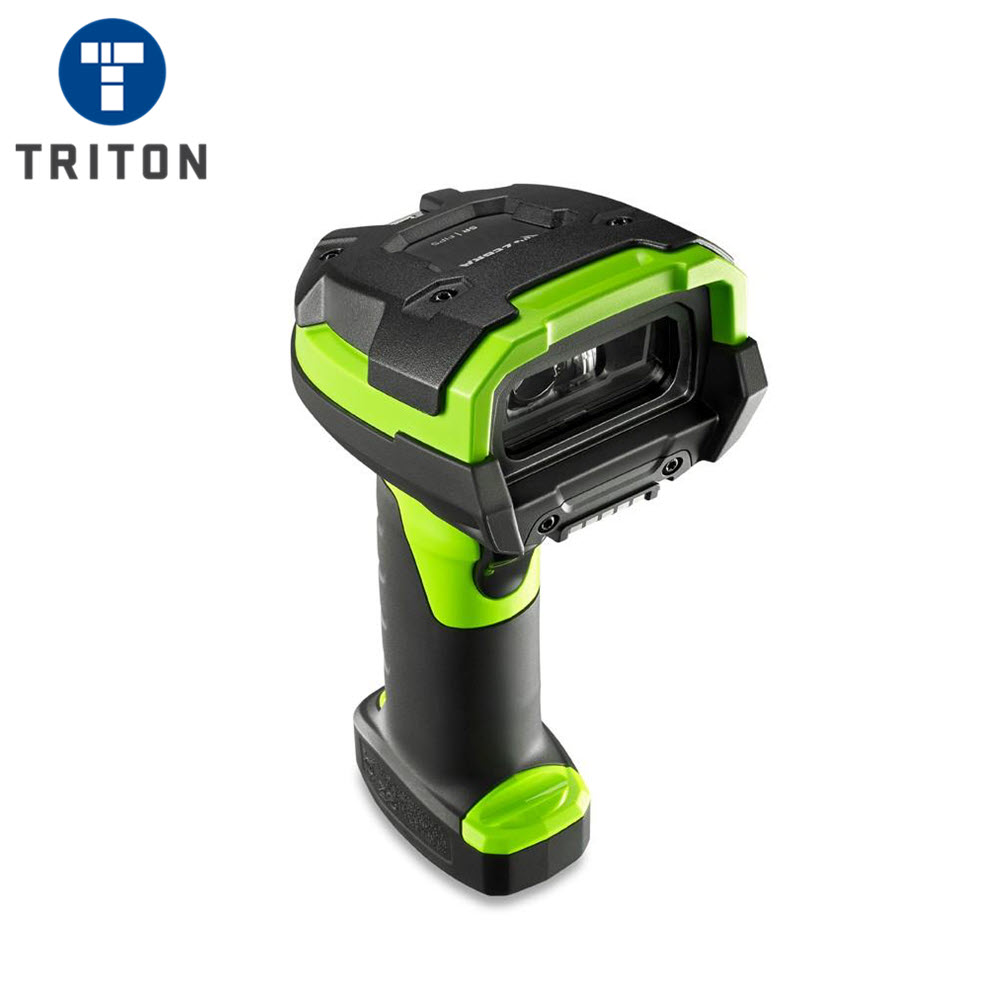Long-Lasting Barcodes Scanners for High-Performance Tasks
Long-Lasting Barcodes Scanners for High-Performance Tasks
Blog Article
Selecting the Right Barcode Scanner for Your Service Demands
Picking the proper barcode scanner for your service requires a nuanced understanding of your certain functional requirements and environmental conditions. Factors such as scanner kind, speed, and compatibility with existing systems play a crucial duty in establishing the right choice.
Understanding Barcode Scanner Types
When it concerns selecting a barcode scanner, understanding the different kinds offered is vital for conference certain service requirements. Barcode scanners can be categorized right into a number of kinds, each developed for various applications and settings.
Handheld scanners are one of the most typical, using mobility and ease of use, making them suitable for retail and inventory monitoring. They normally attach by means of USB or Bluetooth, giving adaptability in operation. Fixed-mount scanners, on the various other hand, are developed for high-volume scanning applications, typically found in production line or check out counters. These scanners are mounted in a fixed setting, permitting quick scanning of several things in sequence.
Another type is the mobile computer, which incorporates scanning abilities with computing power. These tools are suitable for field procedures or storehouse management, enabling data collection and real-time supply tracking. Additionally, there are commercial scanners that are developed to withstand rough settings, such as severe temperature levels or direct exposure to dust and wetness.

Key Features to Consider
What essential features should services focus on when selecting a barcode scanner? Primarily, scanning speed is crucial, as faster scanners boost operational effectiveness, particularly in high-volume environments. The scanner's capability to review different barcode layouts is additionally essential; ensure it supports preferred types like QR codes, UPC, and Code 128 to accommodate varied supply products.
Sturdiness is an additional key feature, specifically for services in tough setups. Look for versions that are built to hold up against decreases, dirt, and dampness. Furthermore, take into consideration the connection choices readily available; whether you like USB, Bluetooth, or Wi-Fi, the right connection can enhance assimilation with existing systems.

Analyzing Your Organization Environment
To efficiently select a barcode scanner, organizations have to analyze their specific operational atmosphere. This evaluation consists of examining the physical format of the work area, the nature of the products being checked, and the regular problems under which scanning occurs. As an example, a retail setting might call for handheld scanners that can quickly refine purchases at the check out, while a warehouse setting might take advantage of ruggedized scanners created to endure harsher problems.
In addition, take into consideration the volume of scanning required. High-throughput environments may require innovative scanning innovations, such as fixed-position scanners or smart look at this website phones that can run successfully in fast-paced scenarios. The integration capacities with existing stock monitoring systems also play an important function; ensure the selected scanner can flawlessly get in touch with software program platforms in usage.
Additionally, analyze the capacity for development and scalability. A scanner that satisfies existing needs may not be sufficient as company expands. By thoroughly analyzing these factors, businesses can pick a barcode scanner that not only meets prompt demands yet also sustains long-lasting functional efficiency and versatility. This strategic technique eventually adds to smoother processes and boosted efficiency.
Budgeting for Your Scanner
Having analyzed the operational atmosphere and identified the details needs for a barcode scanner, the following step includes cautious budgeting to make sure a smart monetary investment. Establishing a budget plan starts with figuring out the overall costs connected with the scanner, including initial acquisition rate, operational expenses, and possible upkeep costs.
When choosing a barcode scanner, think about the variety of readily available options, from handheld devices to fixed-position scanners, as costs can vary dramatically. It is necessary to balance price with functionality; choosing an extra cost effective version may bring about increased operational inadequacies if it does not fulfill your service needs.
Along with the hardware, consider prices associated with software, training, and prospective upgrades. While it might be alluring to lessen upfront expense, spending in a high quality scanner that straightens with your functional demands can generate long-term cost savings through enhanced efficiency and reduced downtime.
Last but not least, consider the total price of possession, which encompasses the scanner's life expectancy and prospective resale value. By meticulously planning your spending plan, you can make certain that your financial investment in a barcode scanner will enhance your functional productivity and financial performance.
Assimilation With Existing Equipment
Integrating a barcode scanner with your existing systems is essential for maximizing its effectiveness and guaranteeing smooth procedures. barcodes scanners. A well-integrated scanner enhances process performance, decreases mistakes, and increases data processing. When selecting a barcode scanner, take into consideration compatibility with your existing software application and equipment framework, including your inventory monitoring systems, point-of-sale (POS) systems, and enterprise source planning (ERP) solutions
Review whether the scanner uses typical methods such as USB, Bluetooth, or Wi-Fi, which can promote simple integration. Furthermore, assess whether the scanner's software uses APIs or SDKs that permit customization and combination with proprietary systems. This is particularly essential for Related Site services with special functional requirements.
As your company expands, your systems need to be able to accommodate added scanners and manage raised his response information quantities without considerable reconfiguration. Eventually, spending in a barcode scanner that effortlessly incorporates with your existing systems will certainly produce lasting benefits, enhancing accuracy, performance, and general efficiency within your operations.

Conclusion
To conclude, choosing a suitable barcode scanner demands an extensive assessment of various aspects, including scanner kinds, vital attributes, and the specific company atmosphere. Correct budgeting for both purchase and operational expenses is imperative, together with making sure compatibility with existing systems. By thoroughly considering these aspects, businesses can improve performance and efficiency, inevitably bring about enhanced functional outcomes. The right barcode scanner offers as an essential tool in simplifying procedures and promoting reliable inventory management.
Report this page